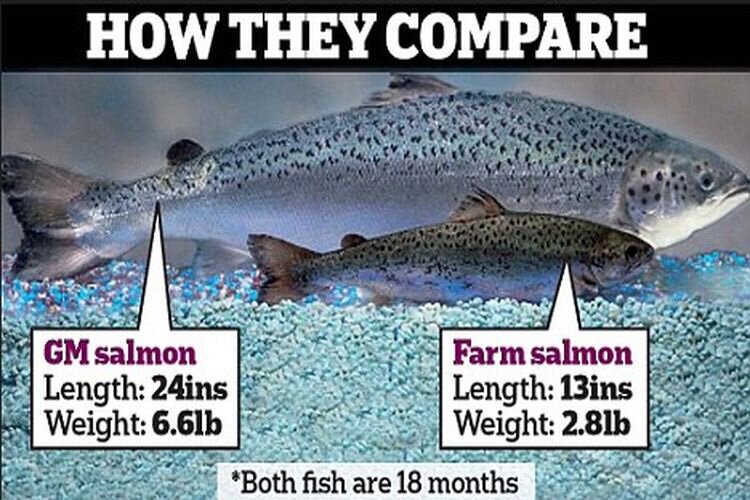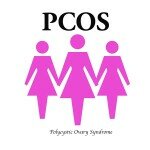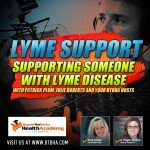By Julie Steenhuysen and Tom Polansek
U.S. Clears Genetically Modified Salmon For Human Consumption
CHICAGO (Reuters) – U.S. health regulators on Thursday cleared the way for a type of genetically engineered Atlantic salmon to be farmed for human consumption – the first such approval for an animal whose DNA has been scientifically modified.
Five years ago, the U.S. Food and Drug Administration first declared the product, made by Massachusetts-based AquaBounty Technologies, to be as safe as conventional farm-raised Atlantic salmon.
AquaBounty’s product will not require special labeling because it is nutritionally equivalent to conventional farm-raised Atlantic salmon, the FDA said on Thursday.
AquaBounty developed the salmon by altering its genes so that it would grow faster than farmed salmon, and expects it will take about two more years to reach consumers’ plates as it works out distribution. AquaBounty is majority owned by Intrexon Corp, whose shares were up 7.3 percent at $37.55 in afternoon trading.
AquaBounty says its salmon can grow to market size in half the time of conventional salmon, saving time and resources. The fish is essentially Atlantic salmon with a Pacific salmon gene for faster growth and a gene from the eel-like ocean pout that promotes year-round growth.
Activist groups have expressed concerns that genetically modified foods may pose risks to the environment or public health. Several on Thursday said they would oppose the sale of engineered salmon to the public, while some retailers said they would not carry the fish on store shelves.
Kroger Co, the nation’s largest traditional grocery chain, has “no intention of sourcing or selling genetically engineered salmon,” spokesman Keith Dailey said. Trader Joe’s and Whole Foods Market Inc also confirmed that they do not intend to carry the product.
Target Corp eliminated farm-raised salmon in favor of wild-caught salmon in 2010, which spokeswoman Molly Snyder said was the first step in a long-term commitment to improving the sustainability of our seafood assortment. “We are not currently planning to offer genetically engineered salmon,” Snyder said.
AquaBounty Chief Executive Ronald Stotish said the approval is “a game-changer that brings healthy and nutritious food to consumers in an environmentally responsible manner without damaging the ocean and other marine habitats.”
The approval for the fish, to be sold under the AquAdvantage brand, requires that the salmon be raised only in two designated land-based and contained hatcheries in Canada and Panama, and not in the United States. All of the fish will be female, and reproductively sterile, to prevent inadvertent breeding of the genetically modified fish with wild salmon, FDA officials said.








